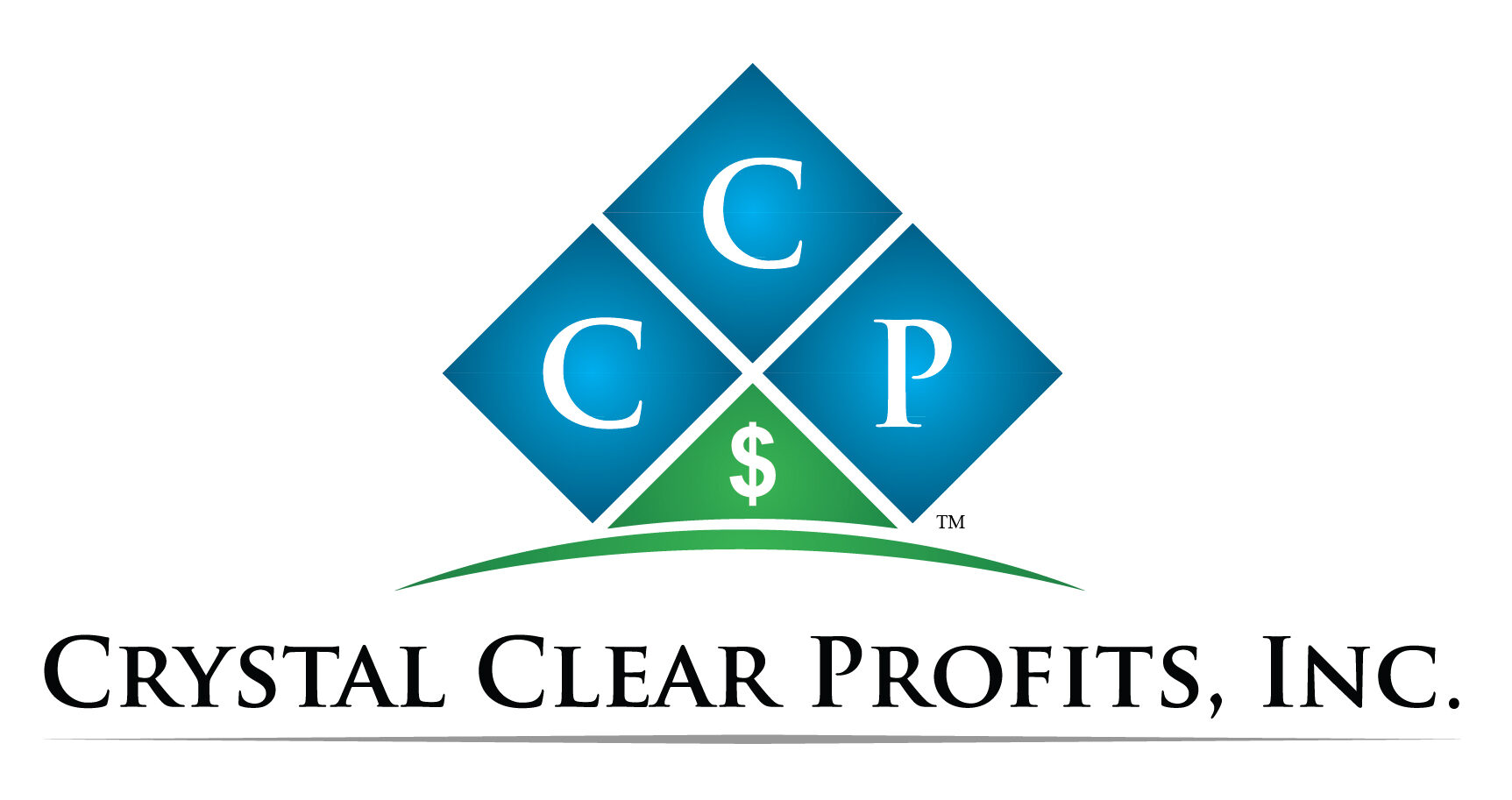In the complex world of business, entrepreneurs often look at Limited Liability Companies (LLCs) as a choice for structuring their entity. The promise of limited liability and flexibility makes LLCs an attractive option. However, one aspect that business owners most often overlook is the tax implications associated with their choice of business structure. In this blog, we’ll take a closer look into the question: Is your LLC saving you taxes, or is it potentially costing you more?
The Basics of LLCs: Before we explore the tax implications, let’s briefly review what an LLC is and its key characteristics. An LLC combines the limited liability protection of a corporation with the pass-through taxation of a sole proprietorship or partnership. Members of an LLC report business profits and losses on their individual tax returns using primarily a Schedule C or E, avoiding the double taxation that corporations face.
The Tax Advantages of an LLC:
- Pass-Through Taxation on the state side depending upon if an election to be taxed is chosen. One of the primary advantages of an LLC is its pass-through taxation, meaning that the business itself is not taxed. Instead, profits and losses flow through to the individual members, who report them on their personal tax returns. This can result in a lower overall tax burden for the business.
- Flexibility in Taxation: LLCs have the flexibility to choose how they want to be taxed. By default, they are taxed as pass-through entities, but they can elect to be taxed as a corporation if it is more advantageous for their specific situation.
- Deductions and Business Expenses: LLC members can often deduct business expenses, reducing their taxable income. This includes deductions for home office expenses, travel, and other costs associated with running the business.
When an LLC Might Cost You More:
- Self-Employment Taxes: While LLC members can benefit from pass-through taxation, they are generally subject to self-employment taxes on their share of the profits if they have not elected to be taxed as a corporation. This can offset some of the tax advantages, as self-employment taxes cover Social Security and Medicare contributions.
- Complexity of Tax Reporting: The flexibility of LLCs can sometimes lead to a more complex tax reporting process. Filing requirements vary depending on the number of members and the chosen tax structure, potentially increasing accounting costs.
- State Taxes: LLCs are subject to state taxes, and the tax treatment can vary widely depending on the state. Some states may impose additional taxes or fees on LLCs, affecting the overall tax burden.
Conclusion: Choosing the right business structure is a critical decision that can significantly impact your tax liability. While an LLC offers many benefits, it’s essential to carefully consider your specific circumstances and consult with a tax professional to ensure that your LLC is indeed saving you taxes and not inadvertently costing you more. By understanding the intricacies of LLC taxation, you can make informed decisions that align with your business goals and financial objectives.
If you have an LLC and wish to convert it to an S-Corp or C-Corp book a call and we can help you through the process and necessary filings. https://go.oncehub.com/CrystalClearProfits
#crystalclearprofits #taxes #LLC
